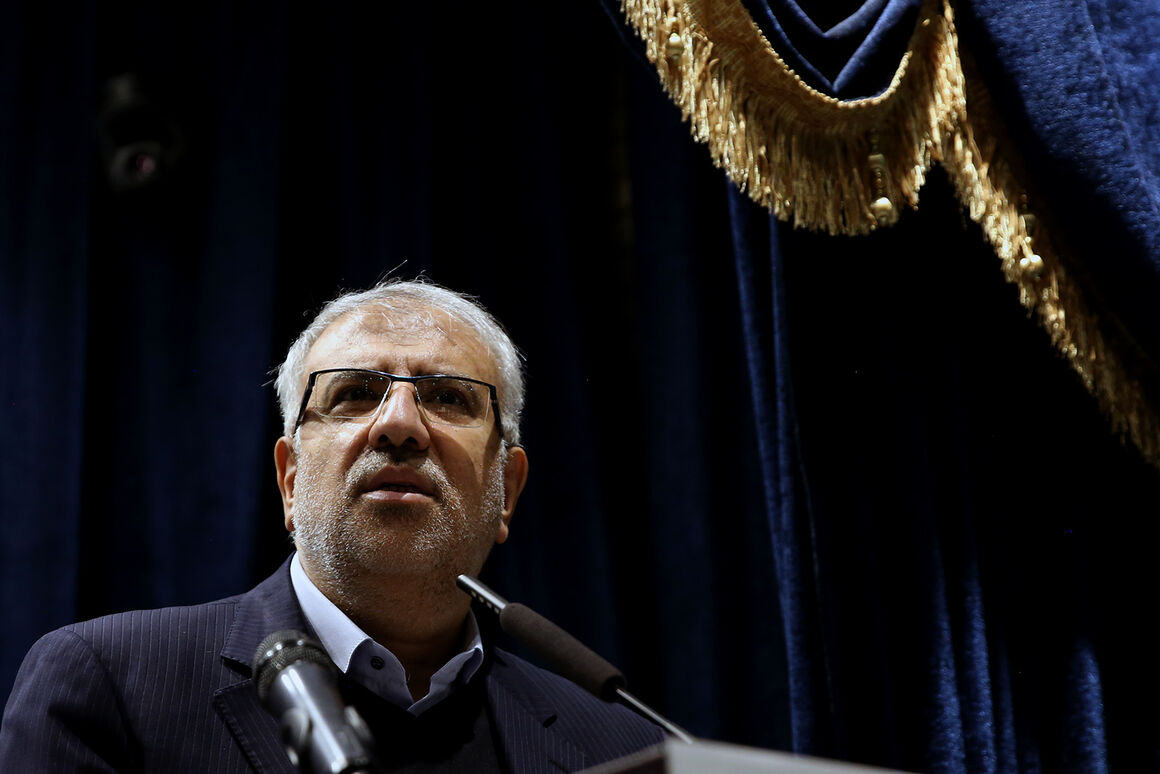Addressing the opening ceremony of the 15th Iran Plast International Exhibition here in Tehran on Monday morning, Mr. Owji considered the role of the petrochemical industry in meeting the country's hard currency needs very important, and said: "In the difficult conditions of the country, petrochemical companies were able to funnel $10 billion to the NIMA system over the first 10 months of the current calendar year, which began on March 21, in line with the sales of crude oil, gas condensate and natural gas.”
Javad Owji added: "I am proud of what I saw in this exhibition which has been created with the round-the-clock efforts of petrochemical industrialists.”
Pointing out that the petrochemical industry has been one of the great achievements of the Islamic Revolution in every sense of the word, he said: “The production capacity of the country's petrochemical products at the beginning of the revolution (1979) was from 1.5 million to 3 million tons per year, according to various accounts, most being urea and ammonia which were used for agricultural purposes.”
The Minister of Petroleum stated: "Thanks to the elites and activists of this industry, in the current year, the petrochemical industry with a capacity of 90 million tons is active in the country and a variety of polymers, chemicals, chemical fertilizers, aromatic substances and hydrocarbons as well as the supply chain of petrochemical industries are being supplied domestically."
“Iran, with 153 billion barrels of extractable oil and 33,000 billion cubic meters of extractable gas, ranks first in the world in terms of total hydrocarbon reserves. And in 44 years we have grown and developed our own industry,” he said.
"In the early years of the revolution we had only Bidboland gas refinery and the country's gas production capacity was 25 million cubic meters per day, which today has reached more than one billion cubic meters,” Mr. Owji went on to add.
Referring to the petrochemical sector and stating that in the 13th government, good things should happen in this industry, he said: “By 2027, the production capacity of petrochemical products will reach 140 million tons per year.”
Owji said one of the plans of the National Iranian Oil Company (NIOC) is the development of gas fields, especially joint fields, adding that so far and under the 13th Administration, $4.5 billion worth of contracts have been signed with domestic and foreign companies along with more than 10 memoranda of understanding in this regard.
"We will not wait for the outcome of the Vienna talks," he said. “Certainly if the talks reach fruition, great things will happen as many major companies have emailed us and have started off their talks for oil and gas projects.”
Owji said that one of the other actions of the Ministry of Petroleum, which concerns feedstock supply is construction of petro-refining units, and said: "Unfortunately, our refinery capacity was not noticeable because no investment was made in it, besides the fact that the Supreme Leader has emphasized construction of petro-refining units.”
He underlined consideration of construction of a 300,000-barrel petro-refining unit in the budget bill, and said that in addition to providing fuel and ensuring energy security, petro-refineries also provide feedstock for the petrochemical industry. “So far 12 contracts have been inked for building petro-refineries with a total processing capacity of 1.46 million barrels.”


Your Comment